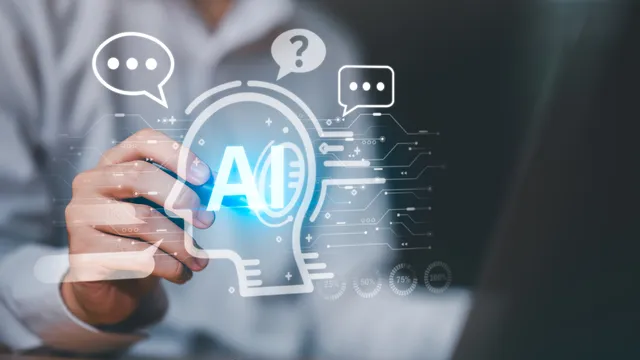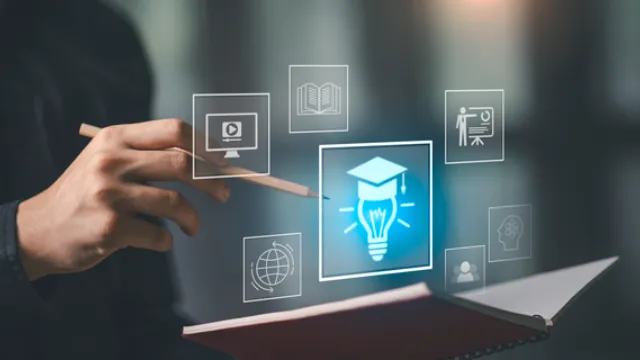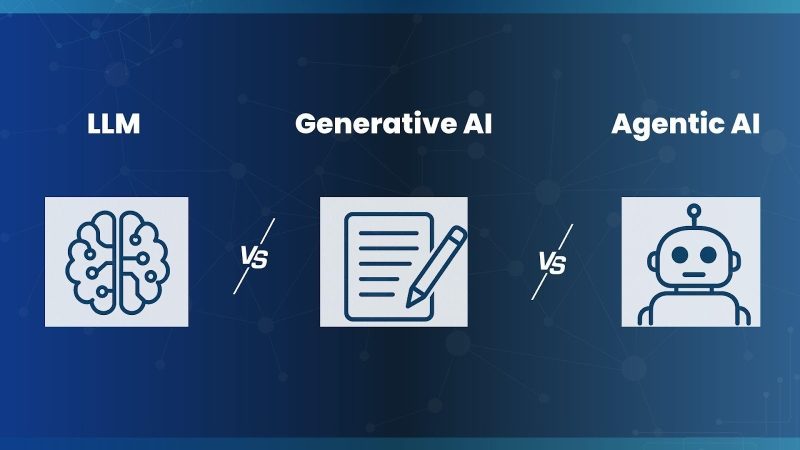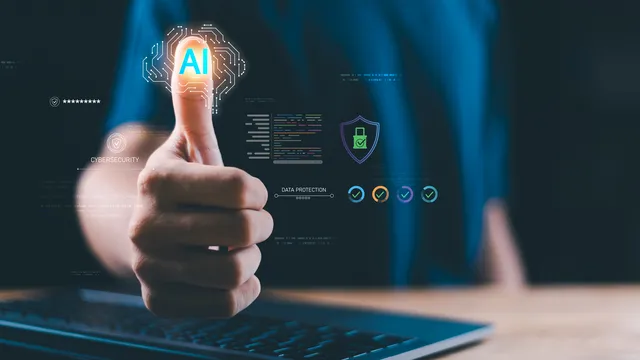What Industries Can Benefit from IoT App Development the Most?
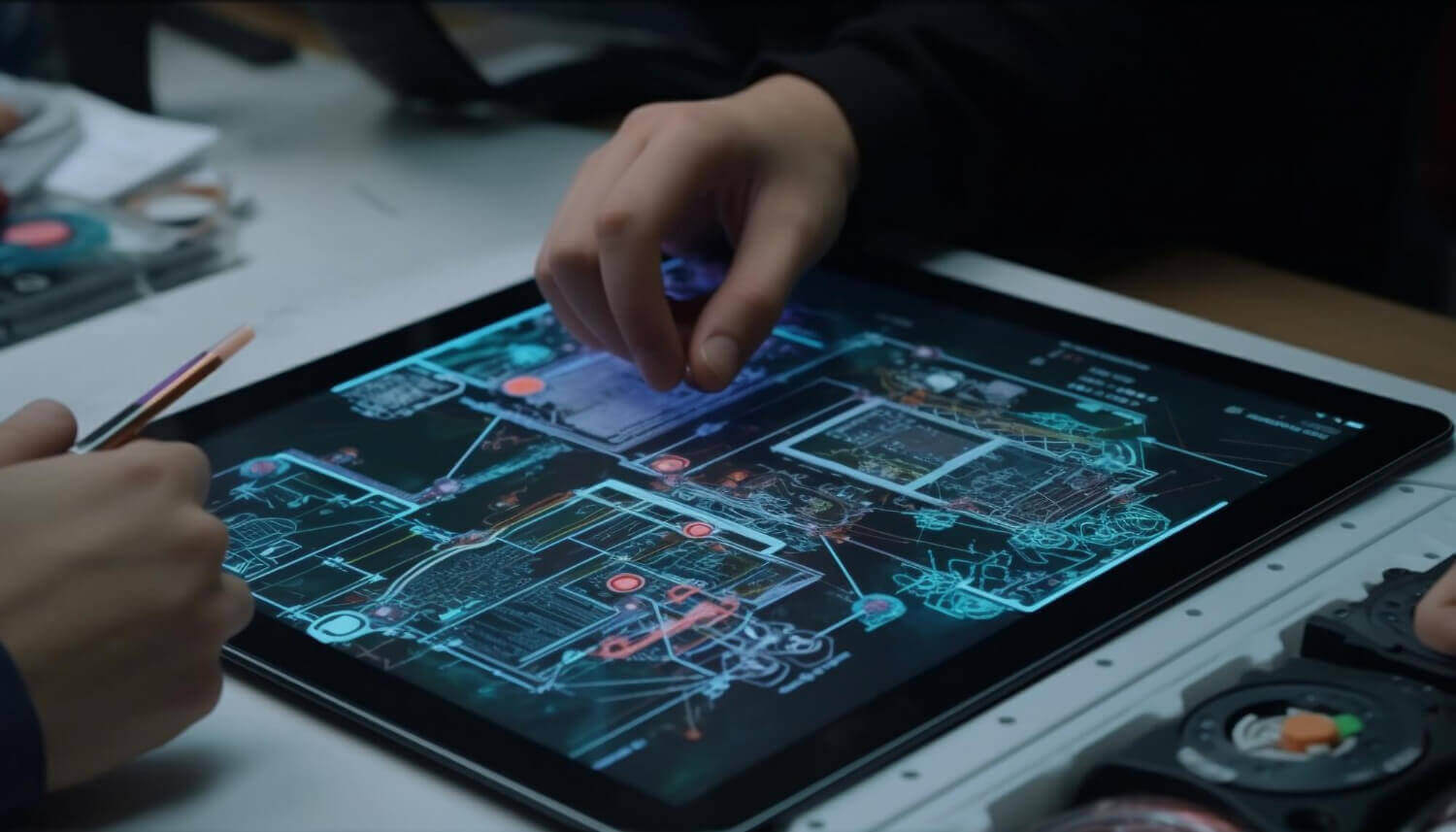
IoT has already seeped into different parts of our daily lives. The devices we use are growing smarter and capable of communicating with each other. It is today reality and no longer science fiction. Here are the detailed of Industries Can Benefit from IoT App Development.
The IoT market is expected to reach a value of $1.6 trillion by 2026. This exponential growth is due to its impact on industries, because of which it is being adopted just as quickly.
The applications of IoT have spread to several industries, particularly because of the nature of this technology. IoT basically refers to wireless devices that can talk to each other as they are linked through the Internet. That is how they also collect data from their surroundings. These devices need specialized software to communicate properly which an IoT app development company can help with.
Major Industries that Can Benefit from IoT App Development
These are the sectors receiving the biggest advantages from IoT app development services.
Healthcare
Here in the healthcare sector, IoT is often referred to as IoMT (Internet of Medical Things). It is helping personalize patient care through remote tracking and diagnostics.
IoT is powering wearable devices that allow real-time tracking of vital signs when embedded with IoT technology. These are being used for remote observation to transmit continuous data to healthcare providers, enabling timely interventions and personalized treatment plans.
A good example of this is Continuous Glucose Monitoring in diabetes management which lets people watch their glucose levels continuously through IoT devices. It improves their quality of life and keeps healthcare professionals in the loop by providing them with valuable data to make the right decisions.
Hospitals can also use IoT apps to keep tabs on medical machinery. They will be able to repair and replace it in time with the data they gather. Clinics and hospitals can also make sure hygiene protocols are being followed and streamline existing operations. It lowers expenses and keeps the surroundings safe.
Insurance
IoT-enabled mobile apps and devices give insurers the ability to deliver better user experiences by personalizing policies and managing risks proactively. For instance, in automotive insurance, there are programs utilizing plug-in devices that monitor driving parameters, such as average miles and speed. Knowing the driving habits this way helps insurers provide customized premiums with better rates.
Insurance companies even track fitness activities and offer rewards to health and life insurance policyholders who meet fitness goals. People feel motivated to maintain a healthy lifestyle when they can earn discounts on their purchases and greater premiums from it.
Agriculture
IoT in agriculture has introduced precision techniques to increase sustainable yield. IoT applications are connected to smart sensors in the field that collect data on important farming characteristics such as moisture and temperature. The information is examined on IoT powered platforms enabling farmers to irrigate and fertilize optimally.
Farmers are also deploying IoT enabled with sensor fitted drones to analyse crop health from above. The information they collect helps determine which areas need more attention and how farmers can decrease resource wastage.
Manufacturing
Smart factories benefit from IoT devices to increase efficiency and keep an eye on equipment health. Streamlining production lines is also easier with this technology as is predictive maintenance. IoT has proven successful in reducing downtime and improving overall operational efficiency.
Automobile manufacturers use IoT sensors to observe machinery conditions. These help them foretell when it is time to send equipment for maintenance or change it. This decreases downtime and maintains steady production.
Retail
The Internet of Things helps retailers personalize shopping experiences and attract more customers and They can maintain precise inventory using RFID to store products on smart shelves and see changes in real time.
This technology helps ensure that shelves are stocked correctly, so shopkeepers will not run out of stock, especially of running items. IoT also enables retailers to analyze customer behavior. This way, they know which items to sell at discounted rates to which customers.
One application of the technology mentioned above is by putting RFID tags on products. Retailers can use automated inventory tracking to streamline supply chain management and never be out of stock. They no longer run the risk of overstocking and wasting resources, either.
Also Read: Top Reasons to Choose Custom IoT App Development
Final Thoughts
IoT is enabling all these industries to progress rapidly and manage several tasks in a way that could not be imagined before. Productivity is increasing, and businesses can take advantage of real-time solutions for product handling, tracking, and multitasking.
This technology is sure to improve with time, as we are already witnessing different sectors creating products and devices capable of communicating with each other through the Internet.
If you are a business owner eager to implement this technology into your products, you will need a mobile app designed by IoT app development services to act as a bridge between your device and smartphone. We already cannot do without our smartphones – adding the ability to control other devices makes them even more useful.
Author bio:
Richard Roundy is an experienced developer in AppsChopper’s IoT team. He writes informative blogs with a mission to be the first to share the scoop on IoT trends.


